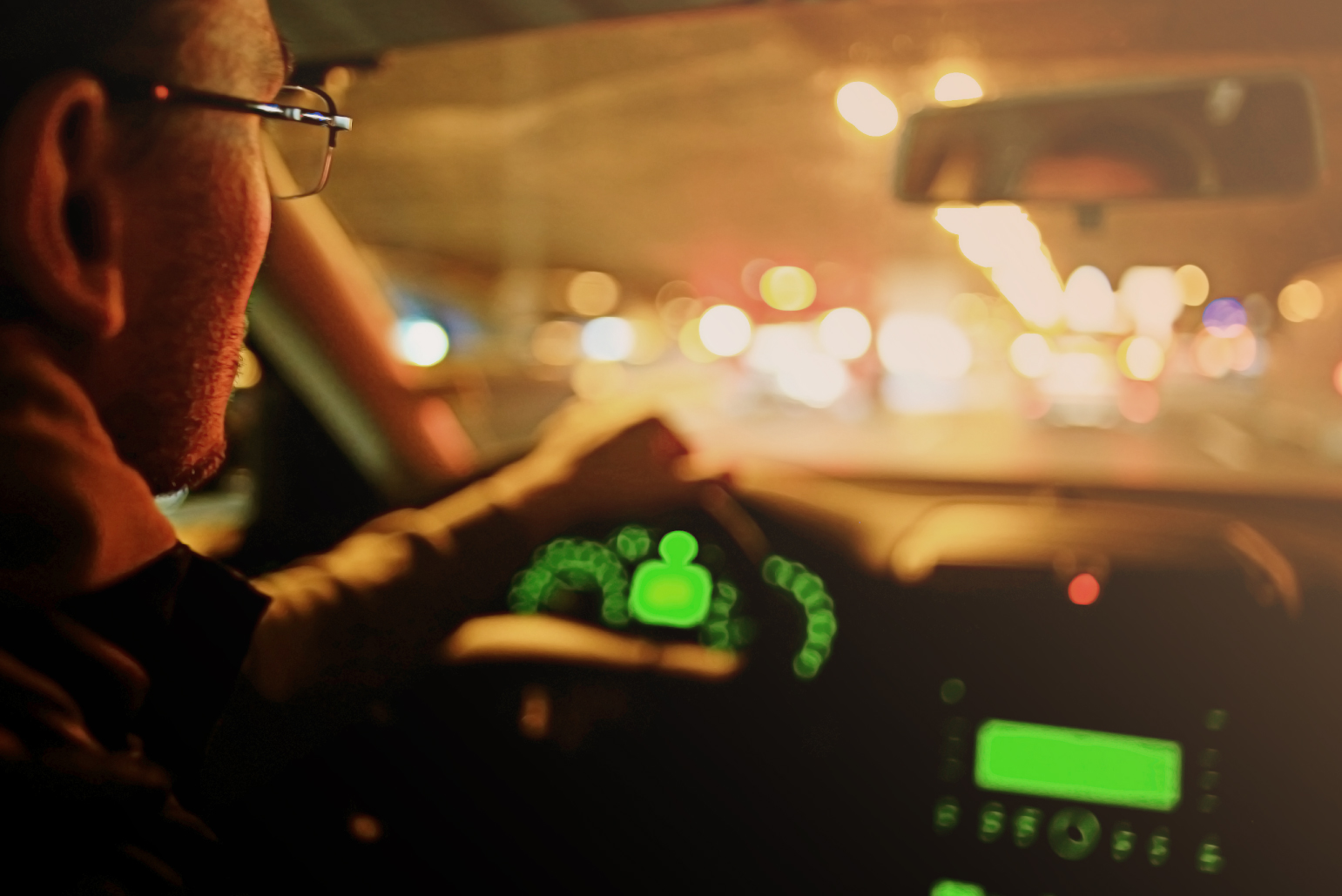
Tomorrow, Dec. 21, marks the shortest day of the year and, for drivers, less means more.
More risk that is.
Fewer daylight hours on the winter solstice and throughout winter result in extra nighttime driving and a higher chance of accidents. Serious ones, too. Figures from the National Safety Council show that vehicle death rates are three times higher after dark than in the day.
Thankfully, there are many ways to protect yourself and your vehicle, and these tips will help you safely steer through the gloom.
1. Clean lights and windshields
As visibility is a major challenge when driving at night, clean headlights, signal and brake lights so you can see and be seen. Clean the windshield and rear window, also, to reduce glare from traffic.
2. Use outside lane to avoid glare
If glare from oncoming vehicles is a problem, keep to the outside lane and use the road’s right edge as a guide.
3. Switch on low beams
Use low beams when following vehicles, meeting traffic and in fog.
4. Use running lights
Turn on running lights an hour before dusk and keep them on for an hour after dawn.
5. Slow down, increase following distance
Reduce speed and increase distance between yourself and the vehicle ahead. It’s harder to discern both speed and distance at night, and peripheral vision is worse, too.
6. De-ice your screen
Shorter days can mean frosty starts before the sun breaks through, so take time to de-ice your car before setting off, and drive carefully whenever conditions are wet and cold.
7. Take a break
Fatigue can set in at the end of the day, particularly on long journeys. Take a 20-minute break for a nap, snack or a walk if needed.
8. Put hazard lights on for accidents
If a breakdown occurs, pull completely off the road and turn on your hazard lights. Keep yourself and passengers as far from the road as practical.
9. Go carefully in urban areas
Take care in towns and cities. Keep a lookout for pedestrians, particularly in school zones, who may be harder to see at night.
10. Be cautious when parking
Watch out when parking and turning in unlit areas. Maneuvering can be difficult in the dark when distances are harder to judge.
11. Plan to reduce night driving
If you have a long journey, plan ahead to minimize nighttime driving hours. The shortest day of the year comes just before the holidays, with Christmas and New Year among the busiest and most dangerous times to drive.
12. Watch out for drunken drivers
Don’t drink and drive, and be extra vigilant for drunken drivers, particularly around the holidays.
Written by:

